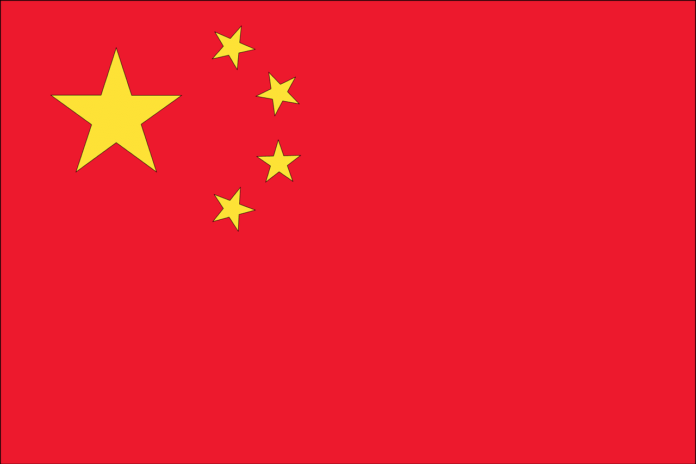China Raises Tariffs on U.S. Imports to 84%, Wall Street Futures Plunge Nearly 2%
In a dramatic escalation of trade tensions, China announced a steep increase in tariffs on a wide range of U.S. imports, raising duties to as high as 84%. This move, which comes amid growing geopolitical and economic friction between the two superpowers, sent shockwaves through global financial markets. Wall Street futures reacted sharply, plunging nearly 2% in early morning trading on Tuesday, reflecting investor anxiety about the potential fallout.
The new tariffs, which affect key American exports including agricultural products, automobiles, and technology components, are part of China’s broader strategy to counter U.S. trade pressure. Beijing stated the tariff hike was a “necessary response” to what it describes as Washington’s continued use of unilateral sanctions and trade restrictions. The affected goods account for tens of billions of dollars in annual trade, making this one of the most significant tariff increases since the height of the U.S.-China trade war in 2018–2019.
The Chinese Ministry of Commerce emphasized that the decision was carefully calculated and aligned with World Trade Organization (WTO) rules. A spokesperson said, “China has always advocated for fair and mutually beneficial trade. However, we cannot remain passive in the face of discriminatory and protectionist measures.” The statement underscores Beijing’s growing impatience with what it sees as Washington’s increasingly aggressive economic stance, particularly in the technology sector.
U.S. officials have yet to issue a formal response, but analysts expect retaliatory measures to follow. The tariff hike comes on the heels of several U.S. sanctions targeting Chinese tech firms and recent legislative moves aimed at curbing Chinese influence in critical industries. With both nations digging in, fears of a prolonged economic standoff are growing.
Markets were quick to react to the news. Dow Jones, S&P 500, and Nasdaq futures all declined significantly, with technology and manufacturing stocks leading the downturn. Investors are worried that higher tariffs will not only strain U.S.-China trade relations but also hurt global supply chains already under pressure from recent geopolitical conflicts and inflation concerns.
Economists warn that the increased tariffs could have broader implications for the global economy. “This is not just a bilateral issue anymore,” said Janet Li, an economist at EastBridge Analytics. “When the world’s two largest economies clash, it sends ripples across markets, affecting everything from commodity prices to consumer goods.”
The tariff move also adds complexity to the already delicate economic environment both countries are navigating. The U.S. is grappling with inflation and a potential economic slowdown, while China is trying to stabilize its post-pandemic recovery amid internal economic challenges.
As investors and policymakers assess the fallout, the possibility of diplomatic talks looms. However, with both sides appearing resolute, a quick resolution seems unlikely. The world will be watching closely as events unfold, given the high stakes involved for global trade, investment, and economic stability.



